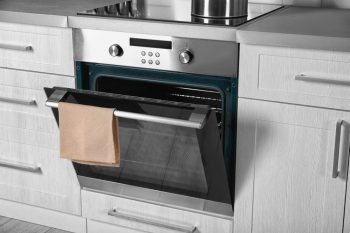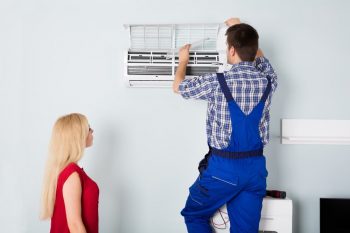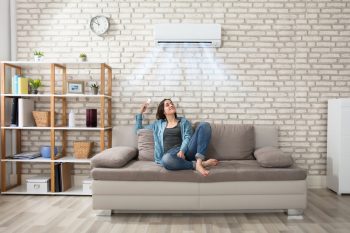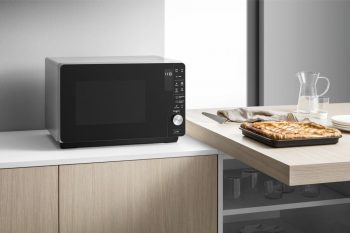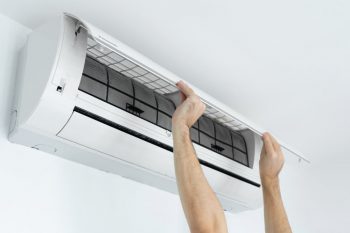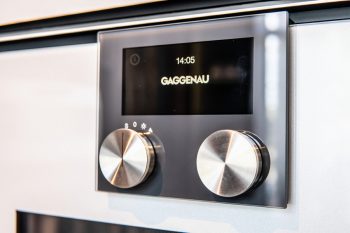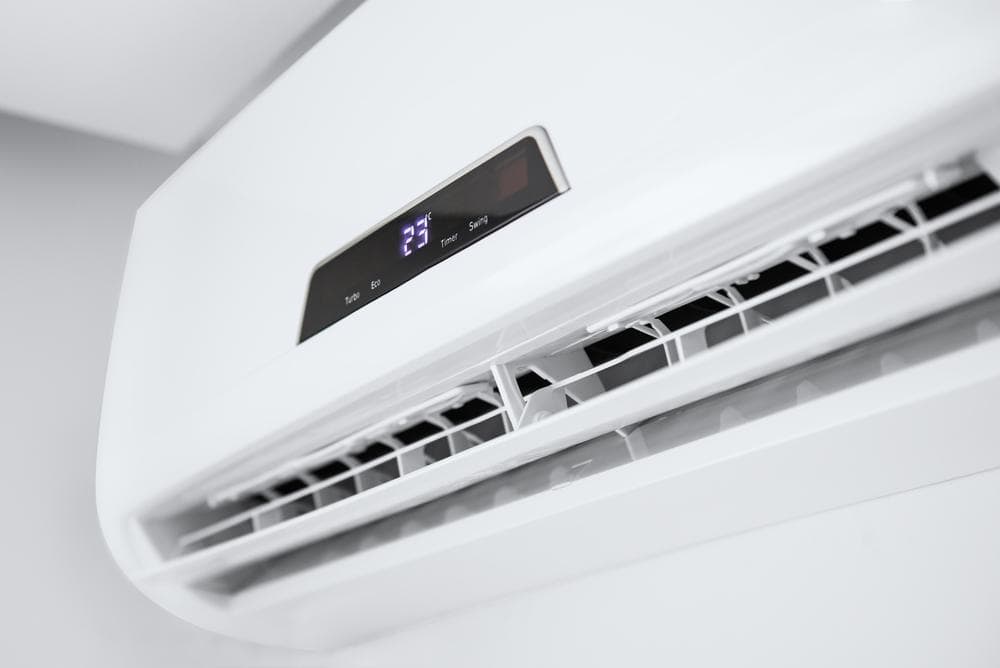
Air conditioning is a staple in many households, especially in regions with hot climates. While most people know that air conditioners cool down their homes, fewer understand the impact of these units on indoor humidity levels. Understanding how air conditioning affects humidity is crucial for maintaining a comfortable, healthy living environment.
Air conditioners affect humidity by removing heat and moisture from the air. This happens when the refrigerant inside the unit absorbs heat from the indoor air and evaporates, creating condensation which dehumidifies the air. The cooler, drier air is then circulated back into the room, reducing the overall humidity levels. However, the effectiveness of this process depends on the proper functioning and sizing of the air conditioning unit.
The Role of Air Conditioning in Controlling Humidity
The primary function of an air conditioner is to cool the air, but it also plays a crucial role in controlling humidity. An air conditioning unit operates on the principle of phase conversion, which involves the transformation of a material from one state (or phase) of matter to another. The refrigerant inside the unit absorbs heat and moisture effectively from the indoor air. As the refrigerant enters the evaporator coils, it transforms into a gaseous state, pulling heat from the nearby warm air and creating condensation to dehumidify it. The cooler, drier air is then pushed back into the room, and as the system runs, the humidity levels gradually decrease.
However, the dehumidification capacity of an air conditioner is limited. The effectiveness of this process depends on the proper functioning and sizing of the air conditioning unit. If the unit is too small, it won’t be able to adequately dehumidify all the air in the room, and if it’s too large, it will cool the room too fast and shut off, leaving some humidity behind.
The Relationship Between Air Conditioning and Humidity
There is a direct relationship between air conditioning and humidity levels. When the humidity level is high, the air conditioner has to work harder to maintain the required thermal levels inside the house, resulting in uneven cooling and increased wear and tear on the system. Conversely, when the humidity level is low, the air conditioner can cool the space more efficiently, leading to more even cooling, reduced wear and tear, and potentially lower energy bills.
High humidity levels can also make the air feel warmer, causing the air conditioner to work harder and consume more energy. This can lead to increased energy costs and a shorter lifespan for the air conditioning system.
Signs Your Air Conditioner is Not Removing Humidity Effectively
There are several signs that your air conditioner is not removing humidity effectively. These include:
- Persistent dampness or a musty smell in your home.
- Condensation on windows.
- A feeling of stickiness or clamminess in the air.
- Frequent mold or mildew growth.
If you notice any of these signs, it’s best to consult with a professional HVAC technician to diagnose and resolve the problem.
Additional Devices to Maintain Ideal Humidity Levels
In addition to your AC, there are several devices that you can use to maintain ideal humidity levels. These include smart AC controllers, humidifiers and dehumidifiers, smart thermostats, whole-house dehumidifiers, and mini-split systems. These devices can help manage temperature and humidity control in your air conditioning system, ensuring a comfortable living environment.
Conclusion
In summary, air conditioners play a crucial role in controlling humidity levels in your home. Understanding how your AC affects humidity can help you create a more comfortable living environment, reduce energy costs, and extend the lifespan of your air conditioning system. If you’re struggling with high humidity levels in your home, consider consulting with a professional HVAC technician to find the best solution for your needs.
Frequently Asked Questions
What are the ideal humidity levels for a home?
The ideal indoor humidity level for most homes is between 30% and 50%. If the humidity is consistently higher or lower than this range, it can lead to discomfort and potential health problems.
Can a portable dehumidifier work in conjunction with an air conditioner to reduce humidity?
Yes, a portable dehumidifier can work in conjunction with an air conditioner to help maintain ideal humidity levels. While the air conditioner cools the air and removes some moisture, the dehumidifier can further reduce the humidity level in the room.
How does a humidifier help in a low humidity environment?
In a low humidity environment, a humidifier can add moisture to the air to prevent dryness that can cause irritation in many parts of the body. Humidifiers can be particularly effective during winter when indoor air tends to be dry.
What are smart AC controllers?
Smart AC controllers are devices that allow you to control your air conditioner remotely using a smartphone app. They can also automate certain functions, such as turning the AC on or off at specific times, adjusting the temperature based on your preferences, and even monitoring and controlling humidity levels.
How often should I service my air conditioner to ensure it effectively removes humidity?
It is recommended to service your air conditioner at least once a year to ensure it operates efficiently and effectively removes humidity. Regular servicing can help identify and fix any issues that may prevent the unit from functioning properly.

